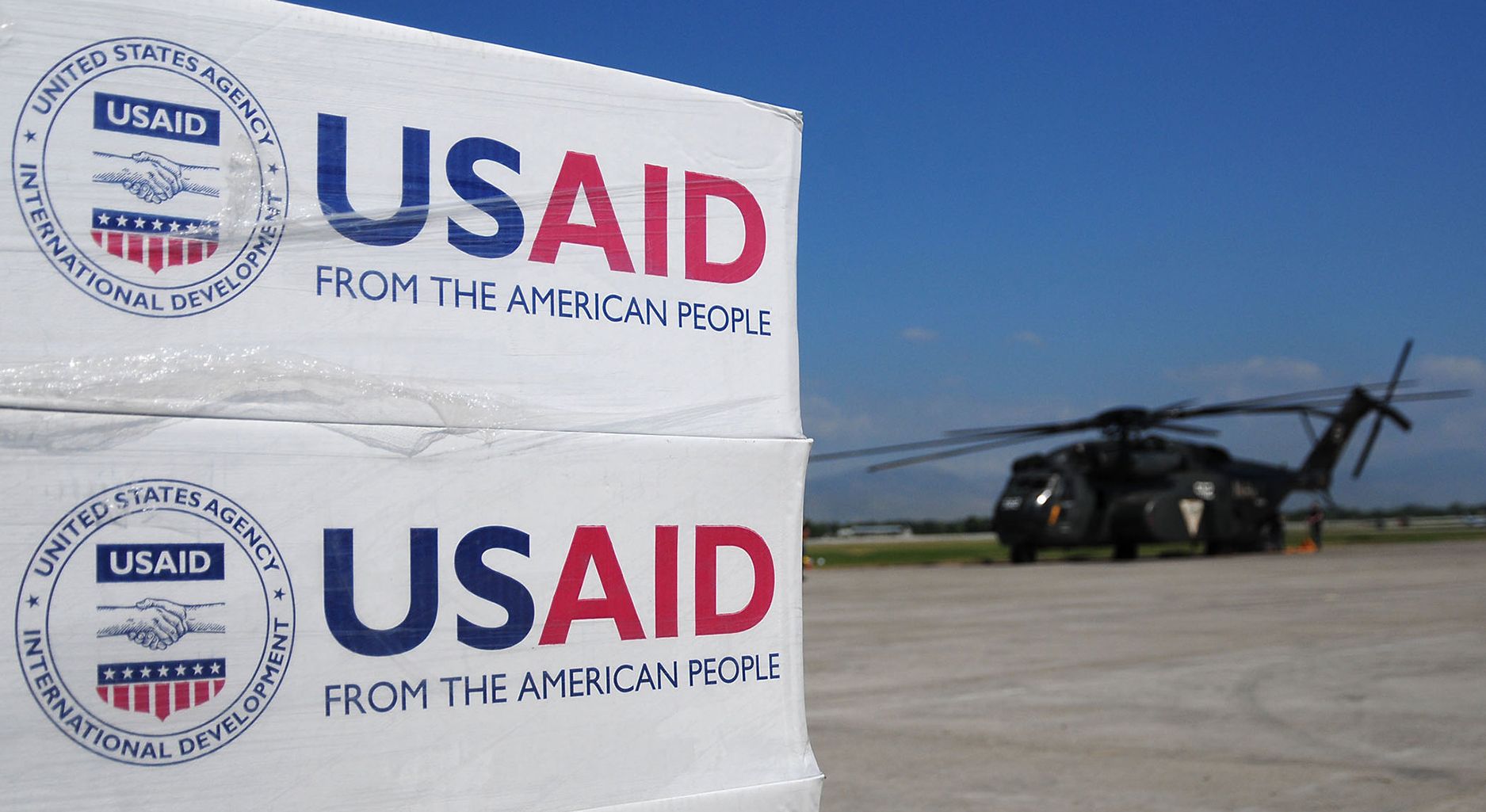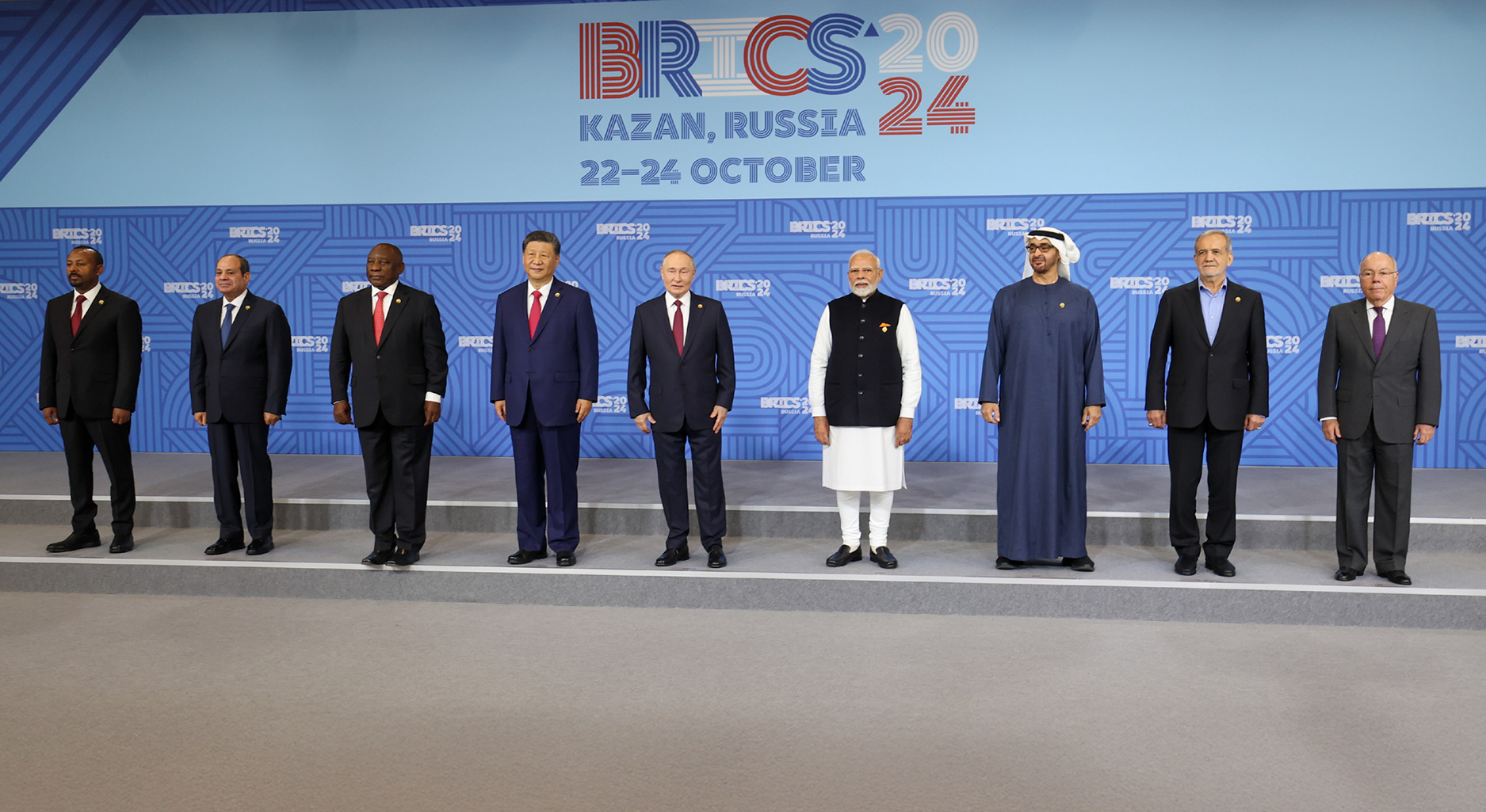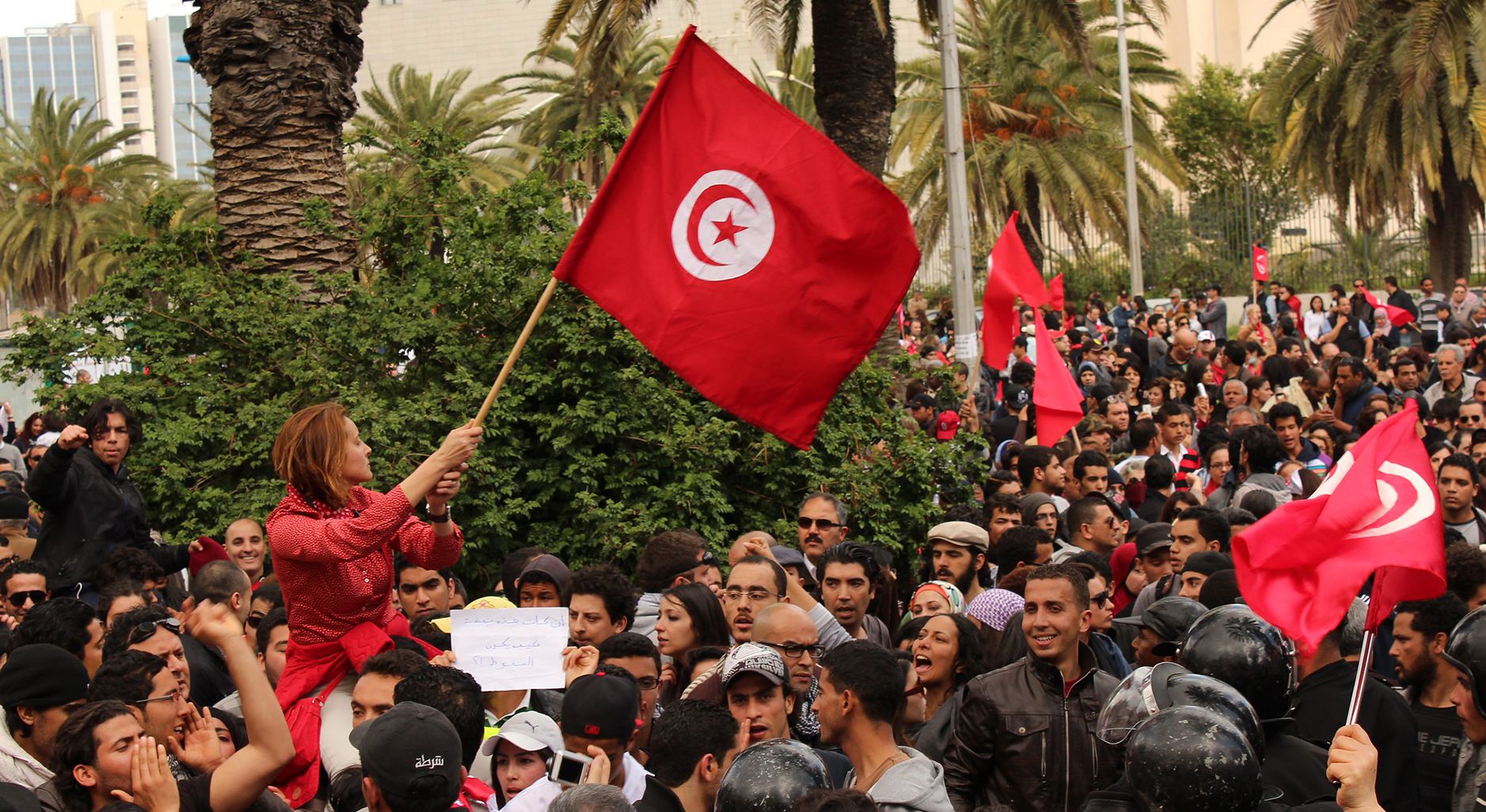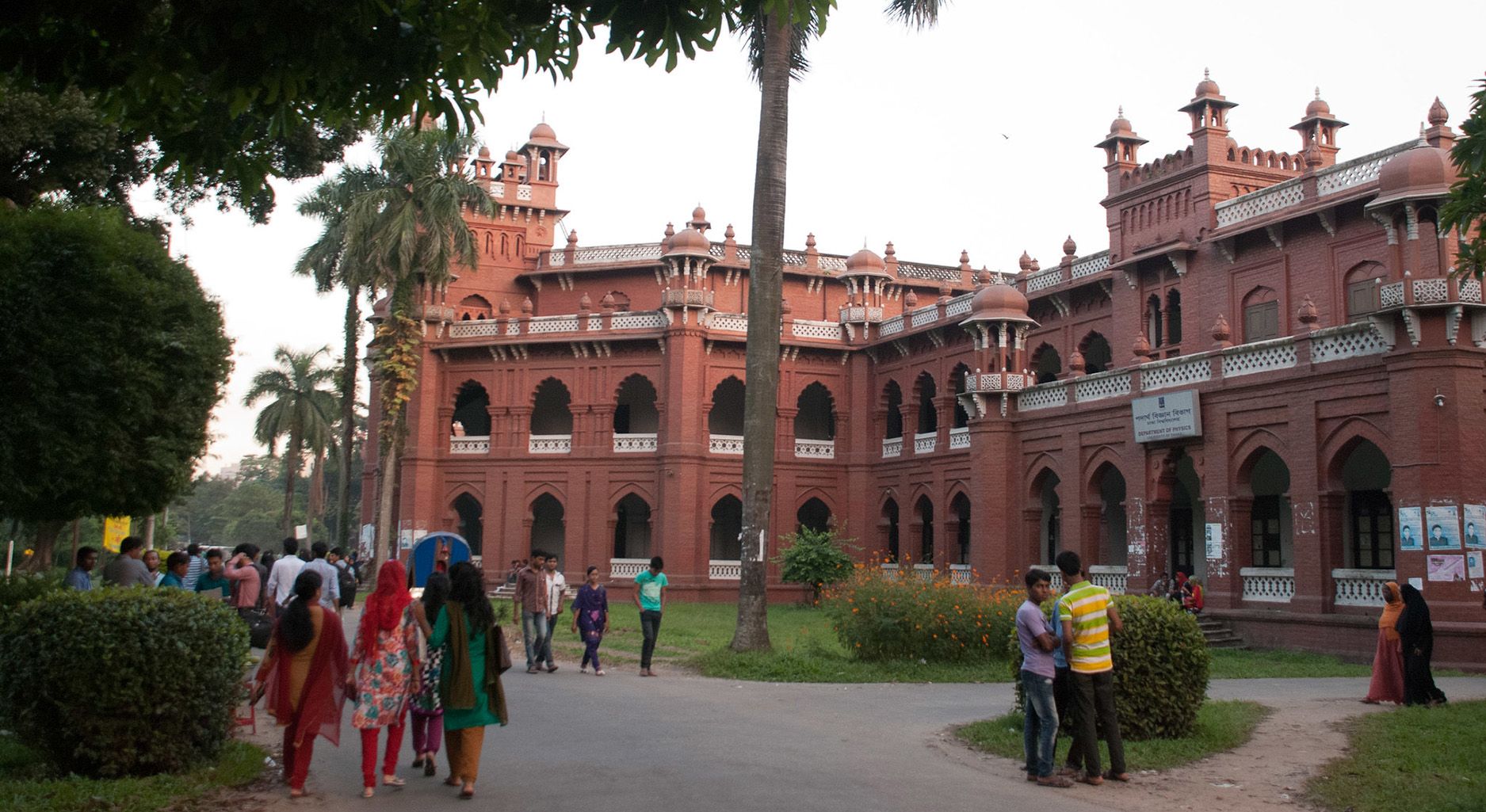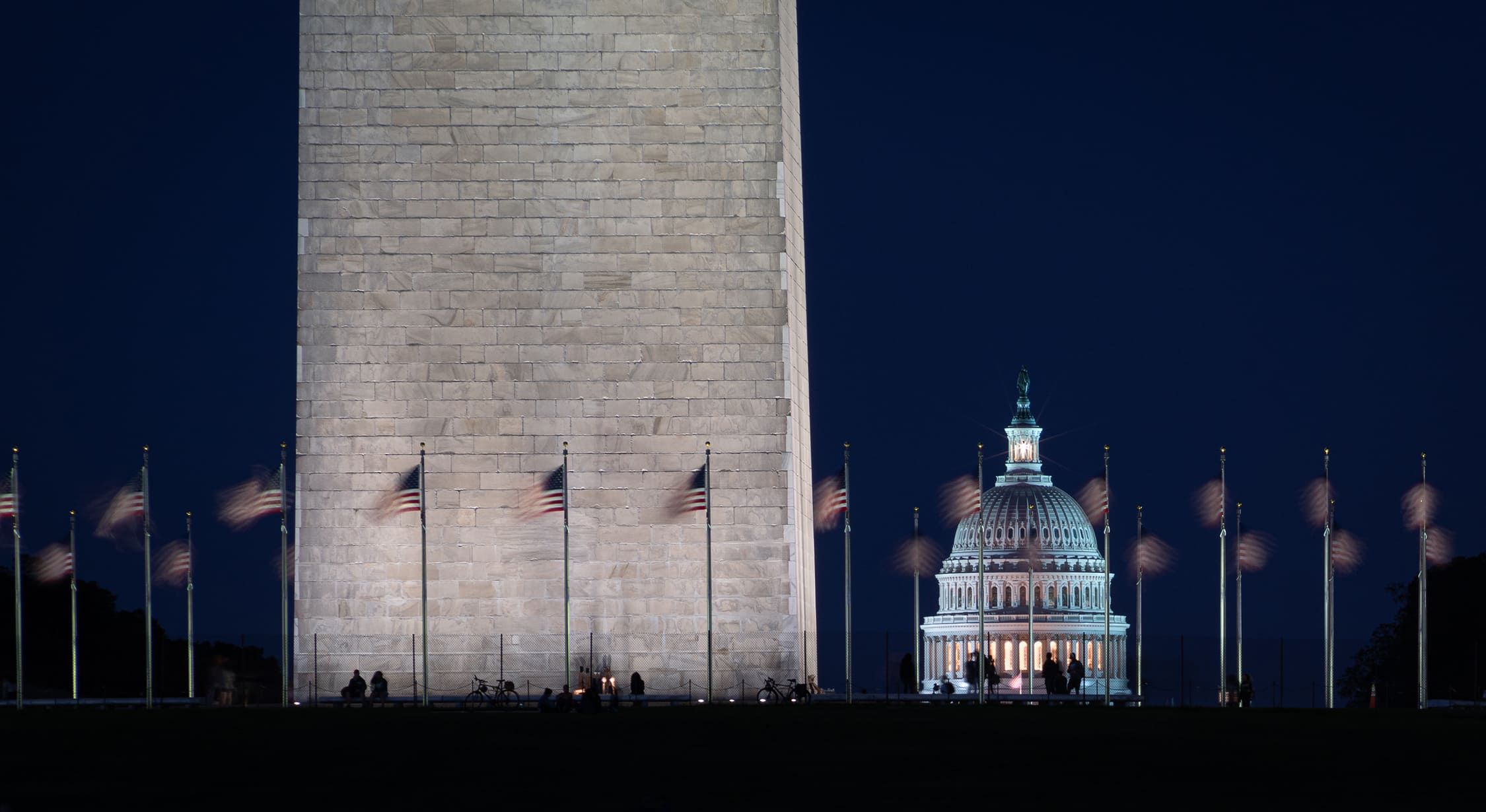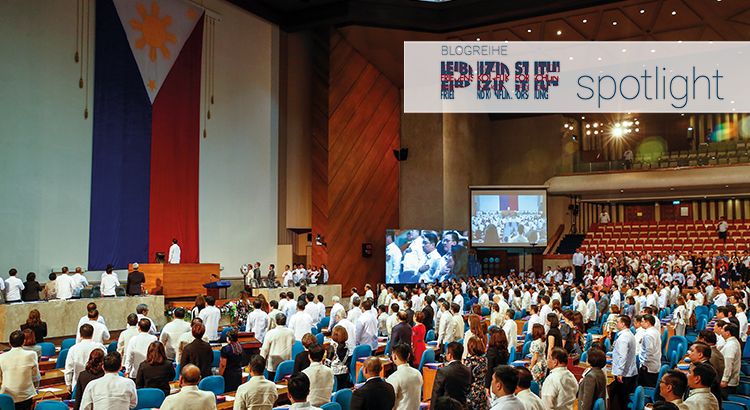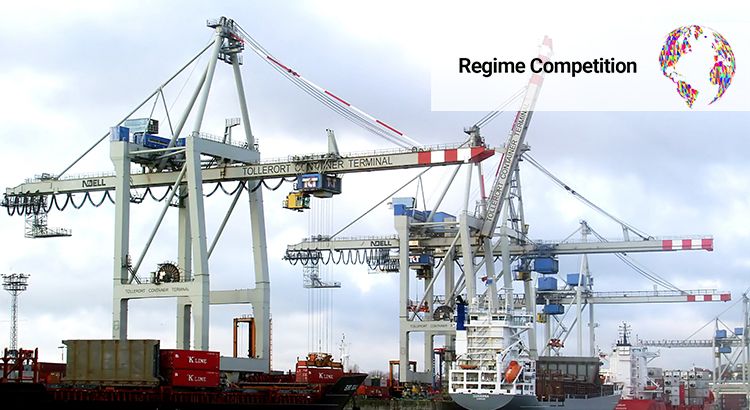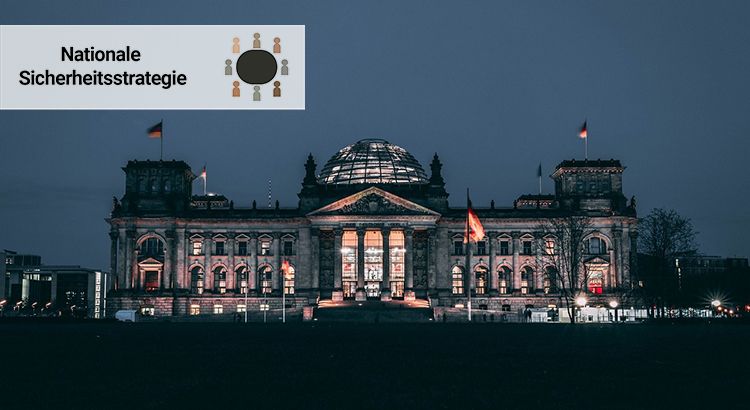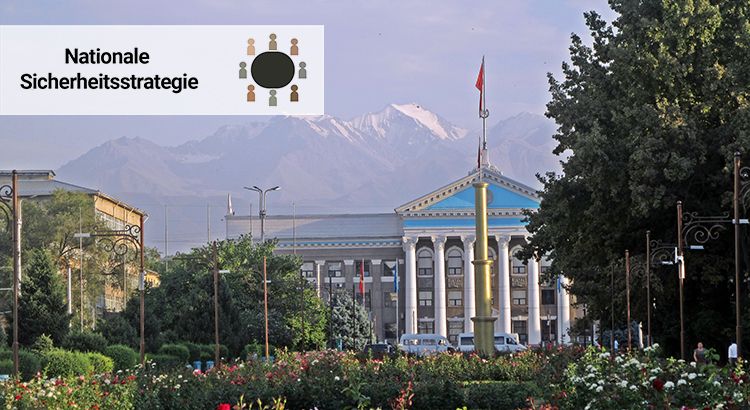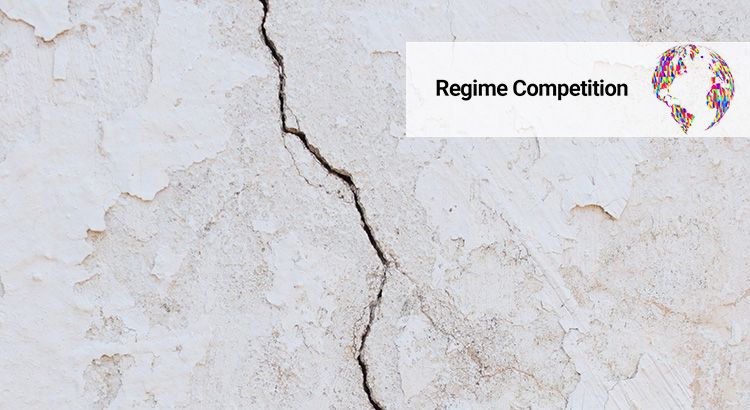Schlagwort: Autokratie
The US government under President Donald Trump has announced a comprehensive shakeup of the US development aid agency USAID. The talk ranges from restructuring or integration into the State Department to complete closure of the organization. Immediately after the announcement, USAID funding was frozen for an initial 90 days and thousands of employees and contractors worldwide are laid off. With the end of USAID as we know it, a fundamental upheaval in international development cooperation and democracy promotion is imminent.
Die Weltordnung und der Systemwettbewerb: Zur außenpolitischen Positionierung der Parteien im Bundestagswahlkampf
Der russische Angriffskrieg auf die Ukraine und die seither ausgerufene „Zeitenwende“ haben die Debatte über Deutschlands zukünftige Außenpolitik erkennbar zugespitzt. Auch im Bundestagswahlkampf positionieren sich die Parteien zu schwierigen Fragen: Wie sollen Frieden und Sicherheit wiedergewonnen werden? Wie verändert sich die Weltordnung, und wie sollte Deutschland darauf reagieren? Dabei kommen sie zu teils sehr unterschiedlichen Antworten, die allerdings meist nicht über eine generelle Selbstverortung hinausgehen. Die chaotische Weltlage wird häufig als neuer „Systemkonflikt” zwischen Demokratien und Autokratien beschrieben, was jedoch die weitaus komplexere Realität nicht erfasst – und seit der Wiederwahl Donald Trumps auch keine praktisch umsetzbare Agenda mehr ist.
Der letzte Akt: Die Präsidentschaftswahlen 2024 und die Autokratisierung Tunesiens
Am 6. Oktober 2024 findet in Tunesien die erste Runde der Präsidentschaftswahlen statt. Selbst wenn es einer Stichwahl im November bedarf, wird der aktuelle Präsident Saied wiedergewählt werden. Sein harter Autokratisierungskurs, den er 2021 begann, wird kein anderes Ergebnis zulassen. Auch wenn unklar ist, welche Beliebtheitswerte er wirklich noch in der Bevölkerung genießt, sollte diese Wahl eine Mahnung an die EU und Deutschland sein, weiterhin demokratische Standards bei sogenannten Partnerländern einzufordern, selbst wenn etwa Migrations- und Energieinteressen gegeben sind.
Bangladesh Quota Protest – Tip of the Iceberg?
Violent clashes between students and police in Bangladesh have officially claimed more than 300 lives (unofficial figures are much higher). The students are protesting against a controversial quota system that reserves 56% of governmental jobs, leaving only 44% for general merit-based selection. Although the initial mobilisation of the students was about quota reform, the continuation of the protests indicates deep-rooted anger against the Sheikh Hasina government. Even if the protests are called off, which is not the case at the moment, justice for those who lost their lives in the protests will remain elusive.
Preparing for the Worst: A PRIF Blog Series on the US Elections in November
The presidential elections in the United States this November come with incredibly high stakes – both for US democracy and for US allies across the world. A new PRIF blog series on the consequences of the elections will address the possible fallout of a second Trump term for PRIF’s research areas and examine ways that German and European policymakers could prepare for and respond to the elections.
Failing in Control. Legislative weakness in the face of a strongman president in the Philippines
When Rodrigo Duterte assumed the presidency of the Philippines in 2016, he pushed a campaign against illegal drugs that resulted in thousands of suspects being killed by law enforcers. Parliament appeared entirely ineffective in opposing the extensive human rights abuses during the Presidents anti-drug campaign. This Spotlight examines the wider working logic of Philippine democracy that makes Philippine parliament into a subservient accomplice of any determined administration of the day, even if this means going along with severe human rights violations.
Germany’s New China Strategy: A Defensive Shift
After a lengthy process of internal deliberation, the German government released its China strategy on July 13. The document signals a policy shift away from the business-focused approach taken by previous governments, and towards a “de-risking” of ties with China. It also reframes the relationship by stressing elements of competition and even rivalry, based on the perception that Chinese authoritarianism is becoming a threat to Germany and its role in the world. Instead of seeking to transform autocracies through engagement, the new approach is much more about shoring up Germany’s own system.
Nicht darüber reden ist auch keine Lösung: Die Rolle von Autokratie und Demokratie in der Nationalen Sicherheitsstrategie
Mit dem Beginn des russischen Angriffskriegs auf die Ukraine wurde das Narrativ eines globalen Wettstreits zwischen Demokratien und Autokratien wiederbelebt, das bereits im Zuge des Aufstiegs Chinas an Bedeutung gewonnen hatte. Im März 2022 hatte auch Außenministerin Annalena Baerbock noch von einem „Bündnis von liberalen Demokratien weltweit“ gesprochen, das es gegen die Diktaturen dieser Welt zu schließen gelte. Etwas mehr als ein Jahr später hat die Bundesregierung nun ihre Nationale Sicherheitsstrategie veröffentlicht, in der vom Zwei-Lager-Denken nichts mehr zu finden ist. Diese positive Entwicklung wird jedoch konterkariert von einem weitgehenden Schweigen zu Fragen von Stabilität und Sicherheit, die sich im Umgang mit unterschiedlichen Regimetypen stellen – was auch keine Lösung ist, wie wir im Folgenden argumentieren.
Die Republik Kirgistan im Prozess der Autokratisierung: Steinmeiers Reise nach Zentralasien im Kontext nationaler Prozesse und der deutschen Sicherheitsstrategie
Bundespräsident Frank Walter Steinmeier befindet sich auf einer Reise durch Zentralasien und besucht neben Kasachstan auch die Republik Kirgistan. Vor dem Hintergrund weitreichender Einschränkungen und Restriktionen gegen die Zivilgesellschaft und Menschenrechtsaktivistinnen bietet diese Reise die Gelegenheit, sich im Sinne der neu verabschiedeten Nationalen Sicherheitsstrategie für eine Partnerschaft zwischen Deutschland und der Kirgisischen Republik unter Wahrung der Menschenrechte auszusprechen.
Decoupling and the “New Cold War”: Cautionary Lessons from the Past
An emerging “new Cold War” appears to pit democracies, led by the US, against autocracies, led by Russia and China. But the analogy between today’s regime competition and that of the “old” Cold War is deceptive. China and Russia today are much more closely intertwined with Western democracies than the Soviet Union ever was. These linkages will complicate the conflict considerably. There is already growing pressure to engage in “decoupling”, that is, to break these interdependencies. Research on past instances of decoupling shows that such processes often exacerbate conflict. This research offers four lessons about the general dynamics of decoupling – and little cause for optimism about today’s disengagement processes.
